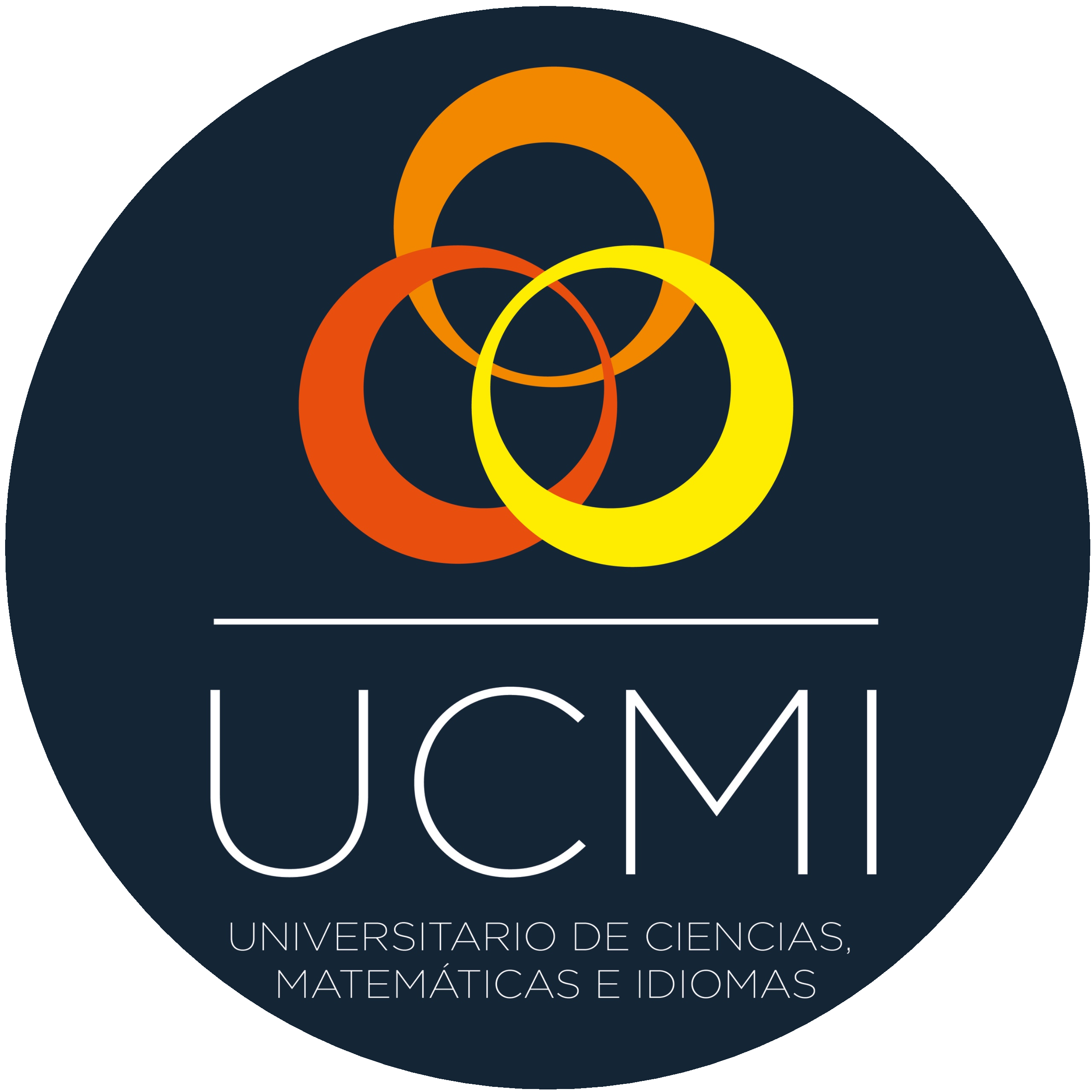Tema 8.1: Grammar. Present simple. Yes/no questions. Tag questions.
PRESENTE SIMPLE. YES/NO QUESTIONS- TAG QUESTIONS
El presente simple es un tiempo verbal esencial en inglés para expresar acciones habituales y verdades generales. Aquí veremos cómo utilizar el presente simple en oraciones interrogativas con verbos que no sean "to be". Aprenderemos cómo construir estas estructuras y cómo aplicarlas en contextos cotidianos para comunicarnos de manera efectiva.
ESTRUCTURA DE LAS YES/NO QUESTIONS
Como se mencionó anteriormente, las oraciones interrogativas se forman tomando las positivas y cambiando la posición entre el auxiliar y el sujeto de la oración.
Recordemos la estructura de una oración afirmativa con un verbo no "to be":
También se había mencionado que hay un verbo fantasma para esta estructura, el verbo "to do", el cual, es tácito en la estructura, es decir, no se anota, pero está:
Por lo tanto, la estructura interrogativa la formamos invirtiendo las posiciones entre el auxiliar DO y el SUJETO de esta manera:
Para el grupo I-you-we-they usamos la forma "DO" y la tercera persona del singular "DOES" para he-she-it.
Ejemplos:
1) Do I like pizza?
¿Me gusta la pizza?
2) Do you play basketball?
¿Juegas baloncesto?
3) Does he study French?
¿Él estudia francés?
4) Does she have a cat?
¿Ella tiene un gato?
5) Does it rain often in this city?
¿Llueve a menudo en esta ciudad?
6) Do we need to leave now?
¿Necesitamos irnos ahora?
7) Do you like swimming?
¿Te gusta nadar?
8) Do they enjoy watching movies?
¿A ellos les gusta ver películas?
En el caso en el que tenemos un nombre propio, lo tratamos como he, she o it y cuando hablemos de un animal, lo tratamos como it, ya que corresponden a las terceras personas del singular.
Ejemplos:
1) Does Carlos travel frequently?
¿Carlos viaja frecuentemente?
2) Does Firulais run quicly?
¿Firulais corre rápido?
TAG QUESTIONS
Las tag questions son preguntas de confirmación para las que la persona que las hace espera la confirmación de la información que da.
La estructura de las tag questions para el presente simple de verbos no to be es:
Para oraciones afirmativas:
Don't I-you-we-they?
Doesn't he-she-it?
Para oraciones negativas:
Do I-you-we-they?
Does he-she-it?
Ejemplos:
1) I like coffee, don't I?
Me gusta el café, ¿no es verdad?
2) You enjoy playing sports, don't you?
Disfrutas hacer deportes, ¿no es verdad?
3) We have a meeting tomorrow, don't we?
Tenemos una reunión mañana, ¿no es cierto?
4) They live in the city, don't they?
Ellos viven en la ciudad, ¿no es cierto?
5) I don't eat meat, do I?
Yo no como carne, ¿verdad?
6) He likes dogs, doesn't he?
A él le gustan los perros, ¿cierto?
7) She eats meat, doesn't she?
Ella come carne, ¿verdad?
Ejercicios:
1) Ayude al profesor a colocar el auxiliar adecuado para generar la pregunta:
you like to read books?
he play basketball every weekend?
we have any plans for this weekend?
they live in the city or the countryside?
she speak Spanish fluently?
it rain a lot in your city during the summer?
your parents work late hours?
this restaurant serve vegetarian options?
you usually wake up early in the morning?
your cat sleep on your bed at night?
2) Ayude al profesor a colocar el tag question adecuado:
She sings beautifullyl, ?
They enjoy hiking in the mountains, ?
I eat breakfast every morning, ?
He works as a teacher, ?
The sun rises in the east, ?
She doesn't like to eat spicy food, ?
They don't play tennis on Mondays, ?
I don't have any pets, ?
He doesn't speak French fluently, ?
The train doesn't arrive at 10 a.m., ?
A continuación se te presenta un conjunto de veinte oraciones interrogativas a las que les falta Do o Does. Selecciona la correcta en las opciones de respuestas.
Para resolver el siguiente ejercicio, haz clic en el siguiente botón:
ERG.8.1.2Para seguir entrenando en este aspecto, descarga el siguiente pdf:
DESCARGAR PDF
Comentarios
Publicar un comentario